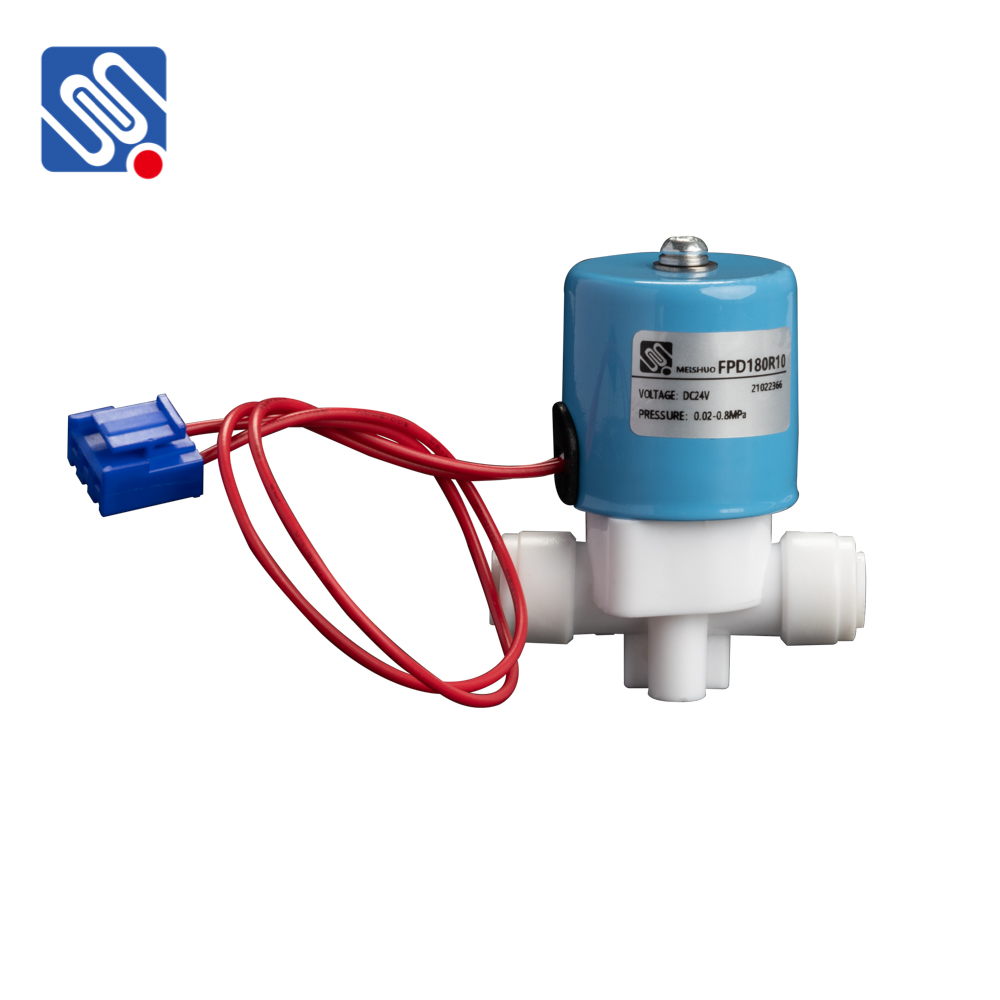Food Grade Solenoid Valves are critical components in the food and beverage industry, ensuring safe, efficient, and hygienic fluid control during production. These valves are specially designed to meet the stringent regulations and standards of food safety, ensuring that products remain uncontaminated throughout the production process. This article explores the importance, features, and common applications of Food Grade Solenoid Valves, shedding light on why they are indispensable in modern food production.

What is a Food Grade Solenoid Valve? A Food Grade Solenoid Valve is an electromechanical device used to control the flow of liquids or gases in food processing systems. It operates through an electrical coil that, when energized, moves a plunger inside the valve, opening or closing the valve to regulate the flow. The key distinguishing feature of food grade solenoid valves is the materials used in their construction, which are chosen to meet the specific requirements of food safety and hygiene. These valves are typically made of corrosion-resistant materials such as stainless steel, and they are often designed to be easily cleaned and maintained to prevent bacterial growth and contamination. The materials used must comply with global food safety standards such as FDA regulations, ensuring that they do not release harmful substances into the food or beverage they come into contact with.